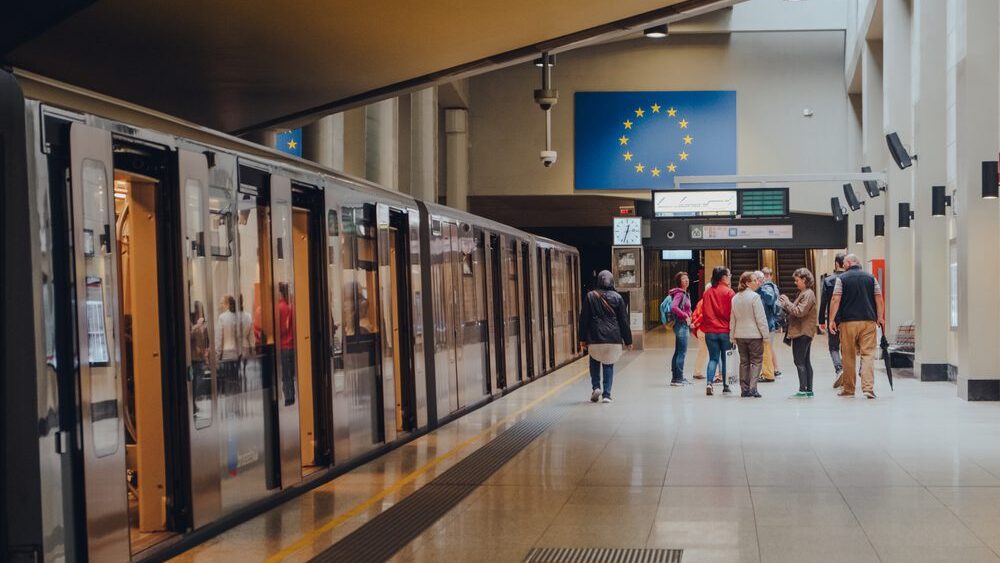
Photo: Alena Veasey / Shutterstock.com
A spike in shootings, street robberies, and drug-related activity in central Brussels—often metres from official premises—has prompted the EU’s main staff union to issue a stern warning that Belgian and European bureaucrats are not doing enough to protect its members.
This was confirmed in an email widely circulated among Commission employees issued Tuesday afternoon, seen by The European Conservative. It also highlights the reluctance of leading Eurocrats to even discuss the deteriorating conditions in their administrative centre—and those responsible.
Renouveau & Démocratie, the primary body representing 32,000 EU staff, made the warning amid an alarming city-wide crime wave. It warns of the “decreasing attractiveness of the European Institutions” as workplaces, caused by the growing risk to personal safety.
Brussels has long grappled with endemic issues of petty crime and migrant-led violence. This escalated after an apparent gang war was triggered this month by the arrival of members of the Algerian mafia from Marseilles, resulting in a series of execution-style killings and the use of machine guns by drug dealers.
The trade union listed multiple examples of crime spiralling out of control. These include a gang-related shooting in early December just minutes away from the European Parliament—hospitalising a Swedish aide—as well as concerns over the safety of the Schuman Metro station, adjacent to the EU Commission’s headquarters.
The open letter also referenced the existence of effective no-go zones in the Belgian capital dubbed “zones of reduced rights”. It cited a statement by Brussels police director Éric Jacobs describing how crime was fast evolving in Brussels.
There has always been violence, stabbings for example, in the drugs scene. But never on the scale we’re seeing today. We’re dealing with kidnappings, unlawful confinement, torture, firing of weapons, throwing of grenades, Molotov cocktail attacks, homicides.
Without making specific policy demands, the letter concludes with calls for EU officials to do more to protect staff. Perhaps bizarrely, it even warns that employees were opting for driving to work—in stark contrast to the EU’s stated green goals—due to the security threats.
Crime in Brussels came to international attention multiple times last year, such as when a Tunisian Islamist killed two Swedish football fans. Even liberal commentators have acknowledged the plight of Midi Station, one of the city’s main transport hubs, now practically synonymous with migrant crime.
